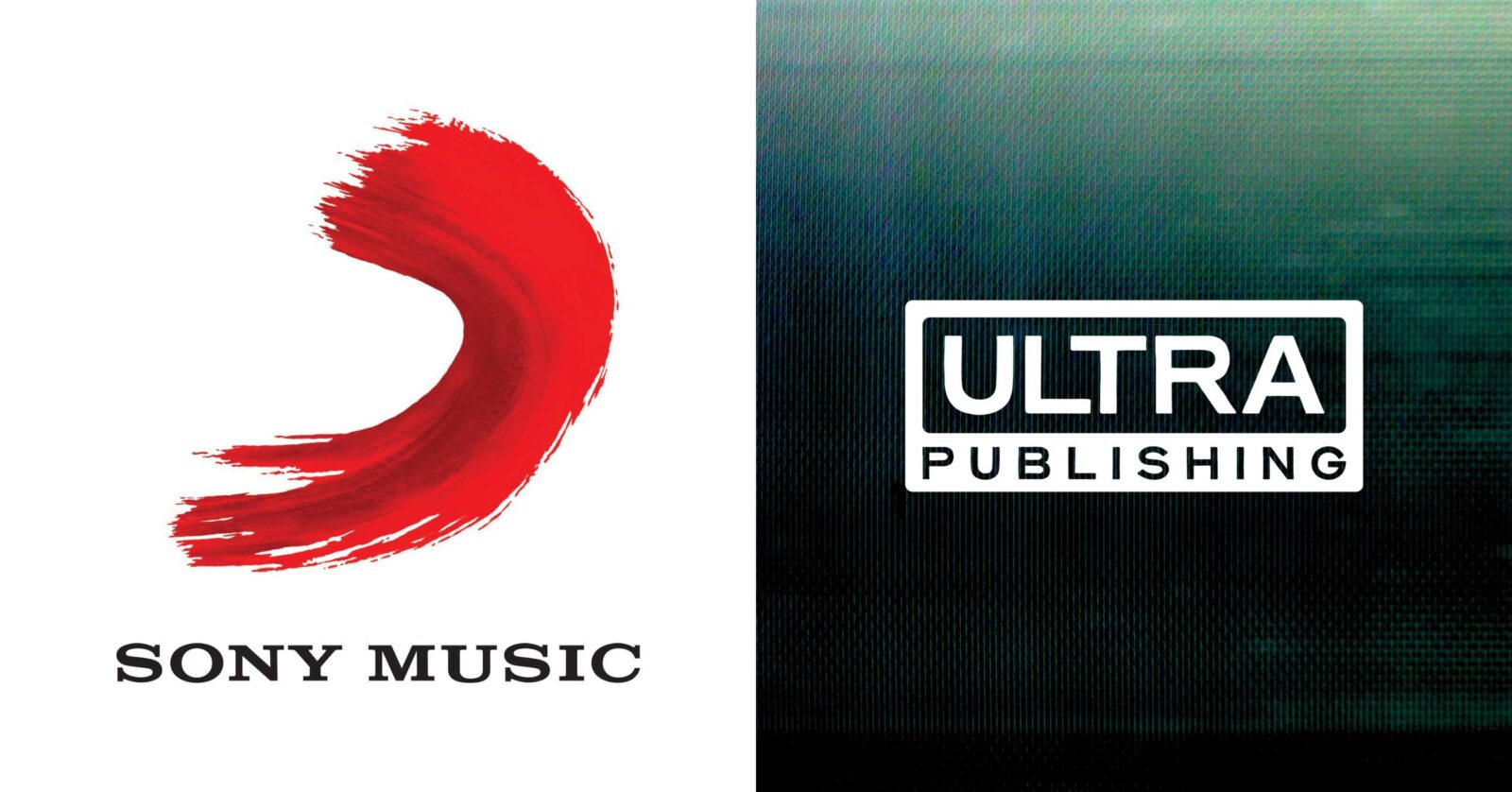Sony Music Entertainment is pushing for a judge to dismiss a copyright infringement lawsuit filed against the company by Patrick Moxey’s Ultra International Music Publishing, arguing that the suit is merely “retaliation” for a previous legal action initiated by Sony. The music giant claims that Ultra Publishing’s November lawsuit is an attempt to strike back after Sony filed its own trademark suit against the company two years ago.
Filed in New York federal court, the lawsuit from Ultra International Music Publishing and its European arm, Ultra Music Publishing Europe, accuses Sony and its subsidiaries — including Ultra Records, which Moxey sold his remaining 50% stake to in 2021 — of unauthorized use of Ultra Publishing’s music catalog.
The plaintiffs allege that Sony had been underreporting royalties for years and, after being informed of discrepancies through an audit, refused to pay the owed amount. According to the complaint, this failure led Ultra Publishing to stop licensing its catalog to Sony. However, the suit claims Sony continued to exploit the music, uploading tracks to streaming platforms and selling digital and physical copies without proper licensing.
The infringement involves more than 50,000 compositions, including works by high-profile artists like Ed Sheeran, Madonna, and Rihanna, among others. In response, Sony Music filed a motion on February 17, calling the lawsuit an “ill-conceived” act of retaliation. The major label’s legal team, led by attorney Tal Dickstein, argues that the timing of the lawsuit — filed just a day before the trademark trial over the Ultra name was set to begin — was a deliberate move to derail the ongoing legal battle.
Sony contends that the audit, which covered payments through 2016, was resolved years ago for a fraction of the amount now being claimed and that Ultra Publishing never pursued further action on the matter. The label’s filing emphasizes that after the audit was settled, both parties continued working together with Sony paying royalties on the compositions in question.
The label claims it has fully complied with industry standards in terms of licensing and royalty payments and points out that Ultra’s own songwriters and producers continue to collaborate with Sony’s artists. “Sony Music Entertainment’s licensing practices are entirely consistent with industry norms,” the filing states, adding that Ultra Publishing’s attempt to block Sony’s access to its catalog could be detrimental to the interests of the songwriters it represents.

